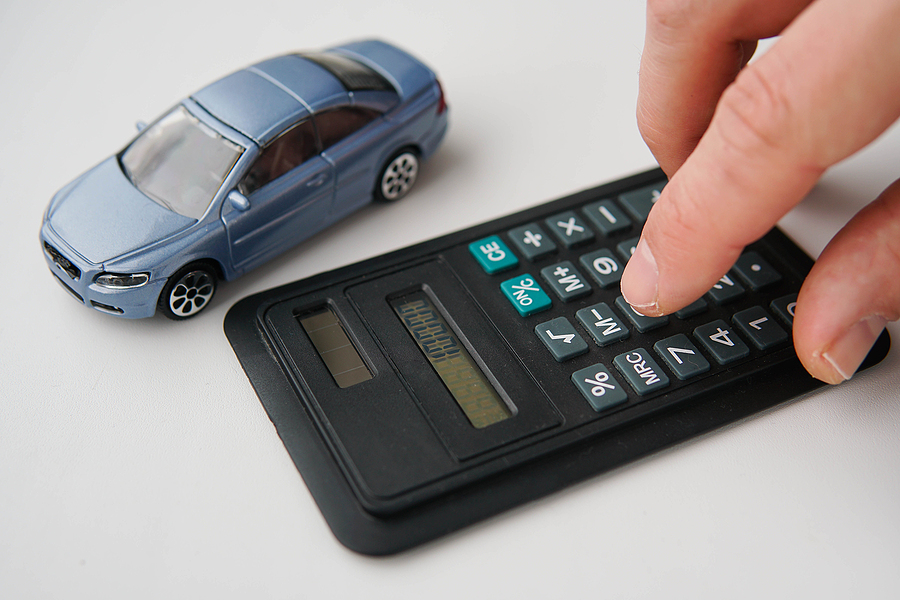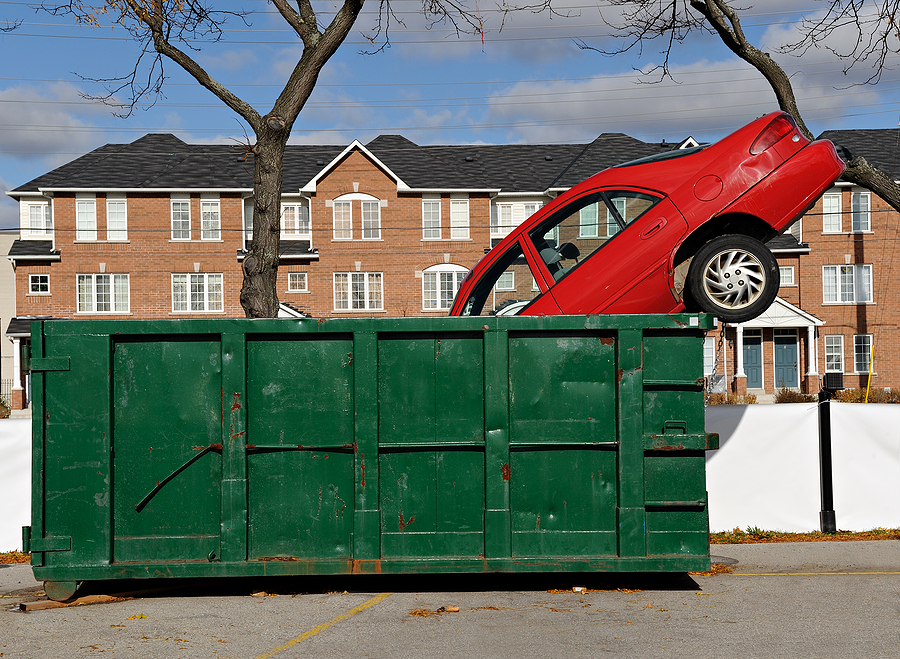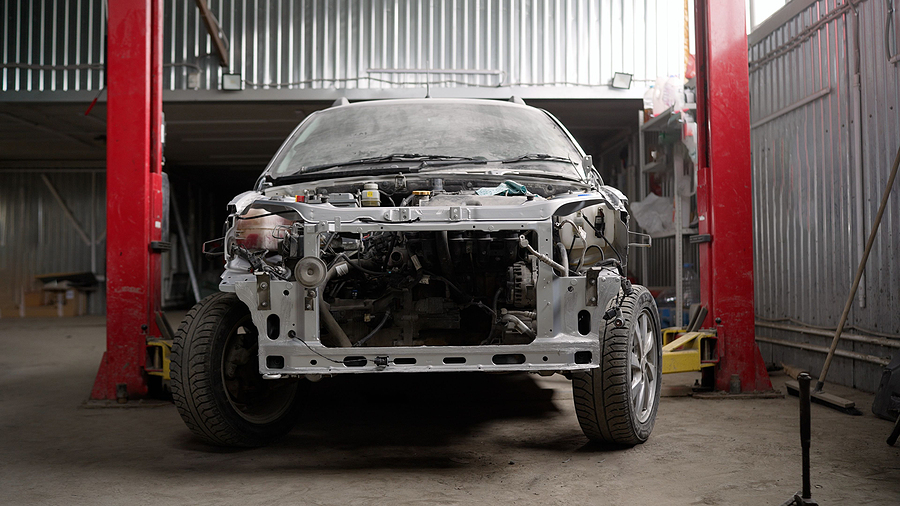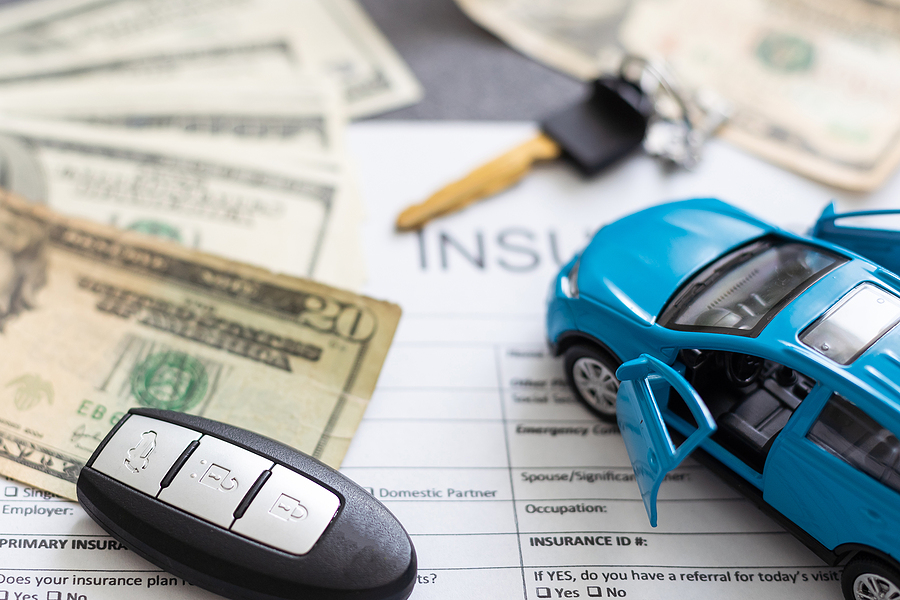In a world increasingly conscious about sustainability and greener living, repurposing junk car parts is emerging as an innovative and resourceful practice. But think beyond the scrapyard and auto recycling; this art form has been attracting attention from designers, artists, and DIY enthusiasts alike who see potential in what others consider waste.
This blog post delves into the fascinating world of transforming junk car parts into stunning pieces of art, quirky home décor, and even functional furniture. Let’s embark on this journey and discover how discarded auto components from the scrapyard can find a new lease on life.
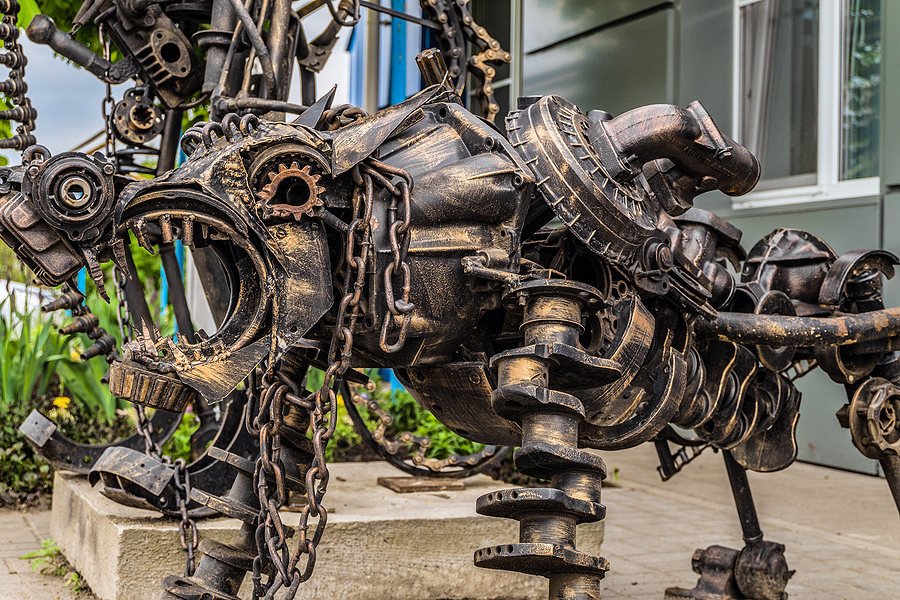
The Beauty of Junk Car Parts
It’s no secret that junk cars are an eyesore and a nuisance for many. However, with a bit of creativity and vision, these seemingly useless vehicles can be repurposed into something truly remarkable. While some may see rusted metal and worn-out tires, others see potential in the unique shapes, textures, and colors of these auto parts. From the sleek curves of a car hood to the intricate designs on a radiator, there is beauty in every part waiting to be discovered.
The Process of Repurposing
So how does one go about repurposing junk car parts? The process usually starts at an auto scrapyard, where salvaged vehicles are dismantled and broken down into individual components. These parts are then sold to junk car buyers who may use them for their original purpose or repurpose them into something entirely new. The possibilities are endless, and it all depends on one’s imagination and skills.
Creative Uses for Junk Car Parts
One of the most common ways to repurpose junk car parts is by turning them into unique pieces of art. For example, old car hoods can be painted and hung on a wall to create a striking mural. Other parts like headlights, grilles, and bumpers can be used to create elaborate 3D sculptures or even functioning lamps. The possibilities are endless, and the only limit is one’s creativity.
Functional Furniture from Junk Car Parts
Apart from art and décor, junk car parts can also be repurposed into functional furniture pieces. Old car seats can be transformed into stylish chairs, and tires can be turned into unique coffee tables or ottomans. With a bit of welding and upholstery skills, the possibilities are endless.
The Importance of Auto Parts Recycling
In addition to the artistic and functional uses of junk car parts, repurposing them also has a positive impact on the environment. Auto parts recycling gives these components a new life. As a result, it reduces the amount of waste that ends up in landfills and decreases our carbon footprint. Automotive scrap metal recycling is a win-win situation for both our planet and our wallets.
If you have junk car parts lying around and taking up precious space in your storage, bring them to a local auto scrapyard and sell them for cash on the spot! Not only can you contribute to the auto part recycling initiative, but you can make some money while doing it too!
Conclusion
The art of repurposing junk car parts not only showcases creativity but also promotes sustainability by reducing waste and giving new life to discarded items. So, the next time you see a junk car, don’t just see it as an eyesore but envision the hidden potential within its parts. Who knows, you may just create a masterpiece out of what was once considered scrap. Or you might earn a fast profit at a local junk car buying lot when you recycle old car parts! Either way, let’s continue to explore and embrace the beauty of repurposing junk car parts.
Do you have old, used, or defective auto parts that you wish to recycle in Indianapolis? Why not get paid cash on the spot while doing it? Contact Benjamin’s Junk Cars at 317-218-7133 to get a quote from an experienced Indianapolis junk car buyer who will pay you the highest cash payout for junk auto parts in Central Indiana. If you want to sell a whole junk car, we will pick it up for free!
Related Posts:
The Beginner’s Basics of Auto Recycling
Junk Car Parts With the Highest Scrap Value
How to Dispose of Toxic Car Parts and Materials

